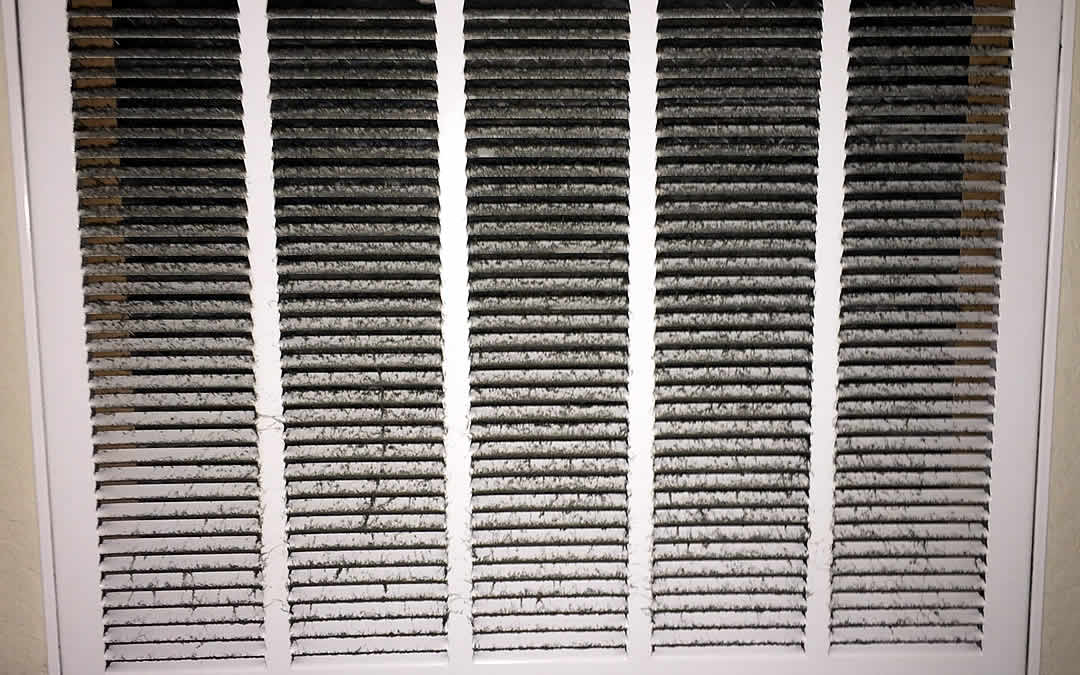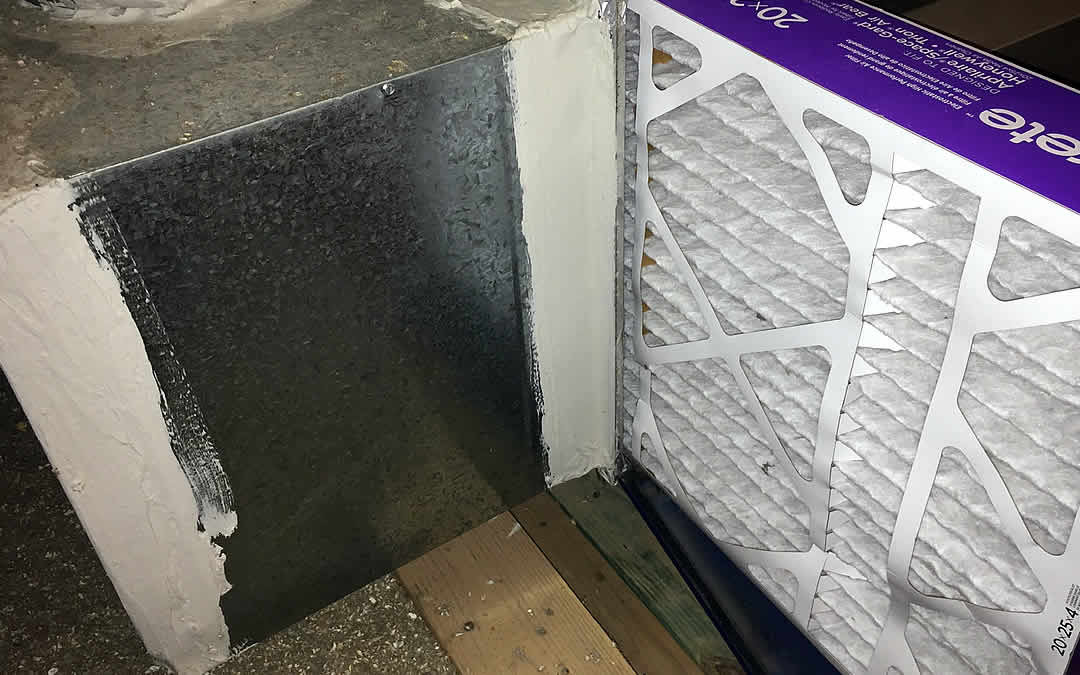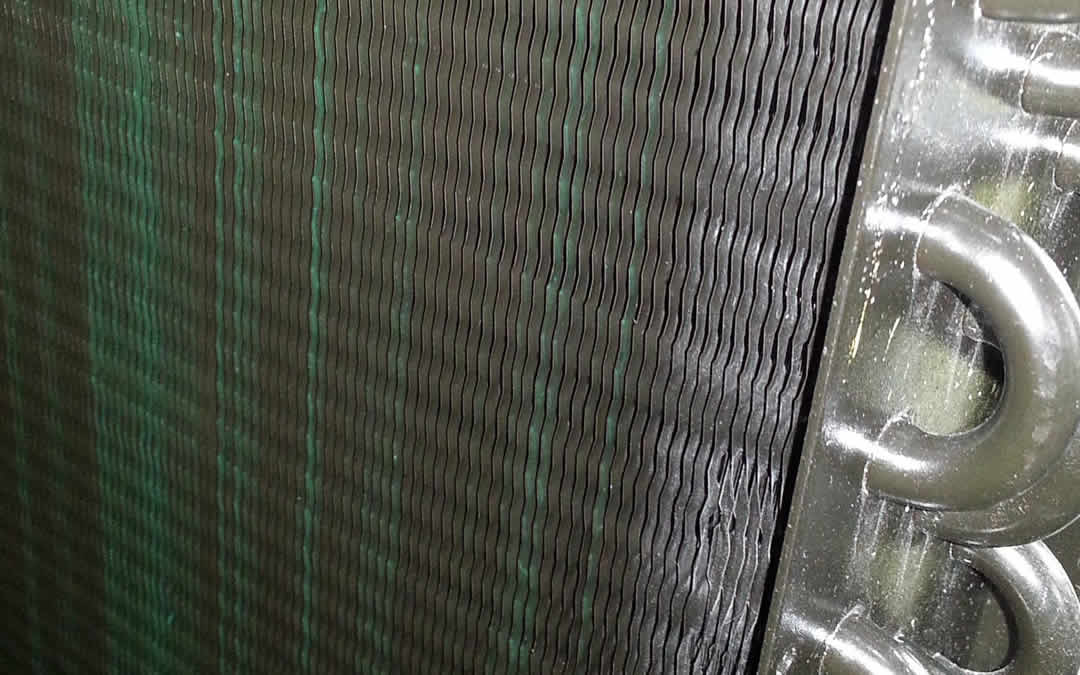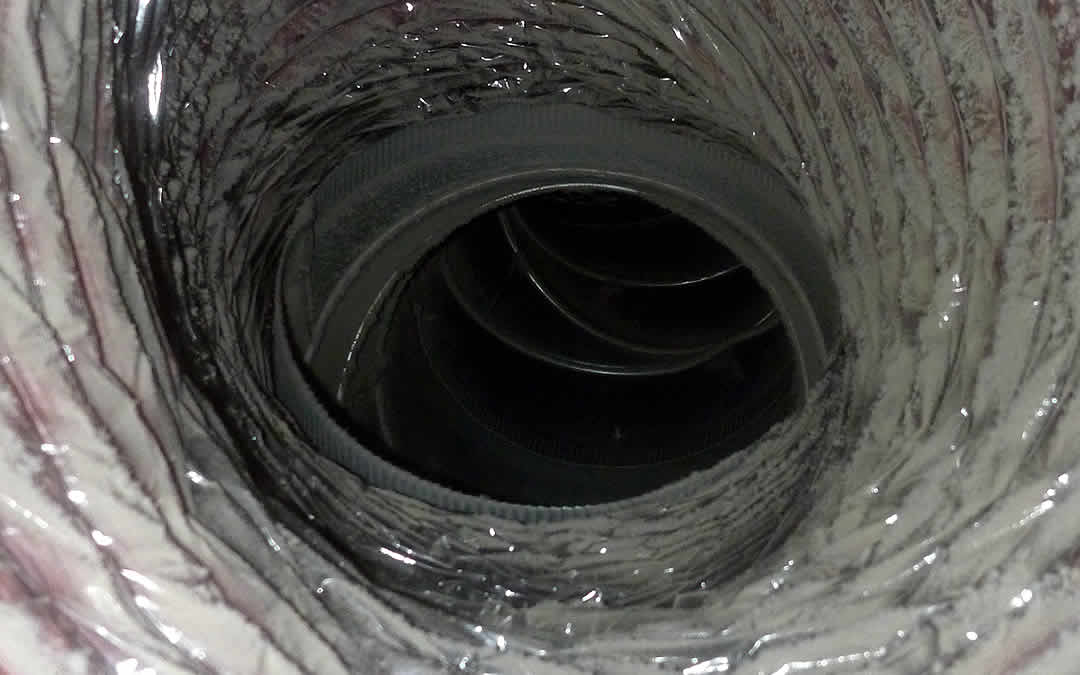Indoor Air Quality Assessment Checklist
How we Identify Indoor Air Quality Problems in Your Home
There are three key indicators of poor indoor air quality:
- Adverse health effects coughing, sneezing, trouble breathing, etc.
- Potential sources of indoor air pollution that build up in homes over time: trash, pet dander, fragrances, pests, wood, etc.
- Homeowner and resident lifestyle and activities: cooking, smoking
John Moore’s IAQ technicians use the following checklist to accurately assess the indoor air quality of your home and identify contributing factors. We recommend that homeowners accompany the IAQ technician while they inspect the home so they can learn what to look for
1. Assess homeowner and resident health and lifestyle within the home
- How old is the home?
- What allergies do they have?
- What Allergy symptoms do they experience in their home?
- Does anyone in their home have asthma or suffer from asthma symptoms while inside?
- Are there pets in the home?
- Does anyone smoke inside? Are there any sources of VOCs?
- Air fresheners, furniture, cleaning products, etc?
- Are there any rodents or pests present in the home?
2. Inspect HVAC equipment at five critical points

- Check return air register filter

- Check supply air register for build-up

- Inspect furnace or air handler

- Inspect evaporator for contamination

- Use endoscope to inspect ductwork
After completing this checklist, your IAQ technician will sit down with you and your family to present what they found through detailed notes and pictures. Your IAQ technician will offer several options to address indoor air pollution in your home that range from good to best. There is no obligation.
- Good is the most cost-effective solution that only addresses the immediate problems at hand, but may not be the most beneficial long-term solution.
- Better helps solve the problem and will be more effective than the good solution.
- The Best option is the best long-term solution to completely improve your home’s indoor air quality.
